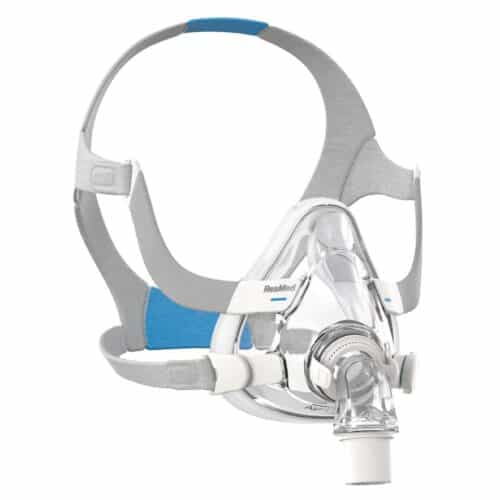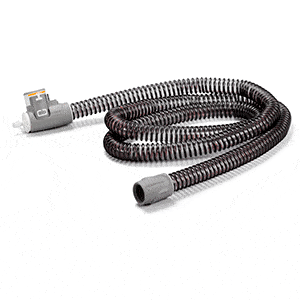Get 10% off your order!
Sign up below for PAP’s Newsletter, and keep an eye on your inbox for a one-time code. Offer not available on sale items.
If you are feeling that your new diagnosis of obstructive sleep apnea (OSA) is stressful, know that you are not alone. Over the past 15 years, my team and I have diagnosed thousands of patients with OSA. Anxiety about the diagnosis and even more commonly the treatment is normal. Depending on the severity of your new sleep apnea diagnosis and your overall sleep habits, you should know that you have made a great choice in deciding to treat your sleep!
As a board-certified otolaryngologist and sleep specialist, I can administer both surgical and medical treatments for sleep apnea. Even so, I nearly always recommend CPAP as the first choice of treatment above all others. (See why in my article about “4 Reasons Why CPAP is Always the First Choice.”)
You should know that your decision to treat your sleep apnea with CPAP will likely result in many benefits that you can see and feel! Keep in mind, however, that this may not happen immediately. So I urge you to be patient!
I routinely see patients who start CPAP and with time describe increases in energy, better mood, less falling asleep unexpectedly, improved mental agility and memory, decreased acid reflux, less waking up at night to visit the bathroom……and the list goes on.
There are also many silent benefits as well. Treating OSA with CPAP has been shown in countless studies to benefit high blood pressure, heart disease, diabetes, and many other medical conditions. Although it may be difficult at first, your CPAP journey is well worth the effort!
The patients that do the best are the ones who make sure to use their CPAP machine every time they go to sleep. Although there is a conscious effort to put your mask on every night, much of the “getting used to CPAP” happens after you fall asleep. So if you skip nights you lose out on that benefit and can make it more difficult to get completely acclimated to your therapy.
With CPAP, one size does not fit all. The “best CPAP mask” is the one that works for you.
So you may ask, what determines what works for me? These include your ability to breathe through your nose. Do you always prefer to breathe through your mouth? Are you claustrophobic?
Be sure to let an expert, including the ones at cpapRX, guide you through the process of choosing your CPAP mask. Keep in mind you may need to try more than one mask before you find the perfect one and we are here to help you with this important process.
I would describe this as very common and normal. Try to get in bed a few minutes earlier than normal and don’t worry about falling asleep right away. Just try to breathe in and out with your CPAP and get used to the feel. In time, usually sooner than you think, sleep will sneak up on you!
This is common as well. This could be happening if your mask is bothering you or is leaking. Just try your best to keep it on and put it back on when you find that you have inadvertently taken it off. This will generally naturally occur less and less often as you get used to your CPAP.
And the great news is:
The sensation of that excessive pressure will diminish and eventually you likely not even be able to tell if your machine is running while you are wearing your CPAP. Within a few weeks, maybe sooner, you will notice those daytime benefits we discussed earlier. Get ready to feel more refreshed and alert during the day. This means that you are well on your way to success on your CPAP journey!
Author Note:
Dr. Yaish is the type of doctor that other doctors send patients to. He’s what’s called a “specialist” and his specialty is sleep medicine. He has years of specialized training, is Board Certified in Sleep Medicine and is a member of the American Academy of Sleep Medicine.


Sign up below for PAP’s Newsletter, and keep an eye on your inbox for a one-time code. Offer not available on sale items.
SUBSCRIBE TO OUR NEWSLETTER Receive exclusive offers & insightful articles to enhance your sleep.
Search by product name, type or brand.
